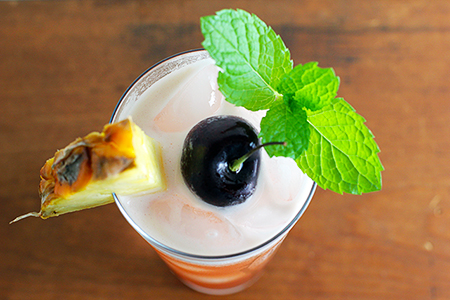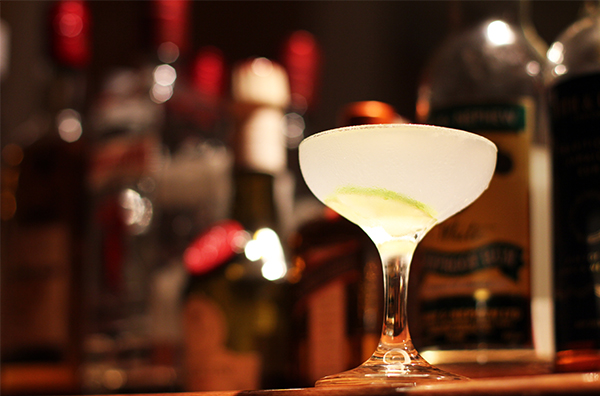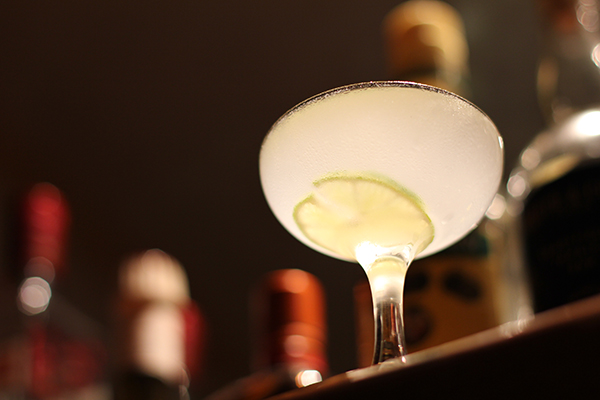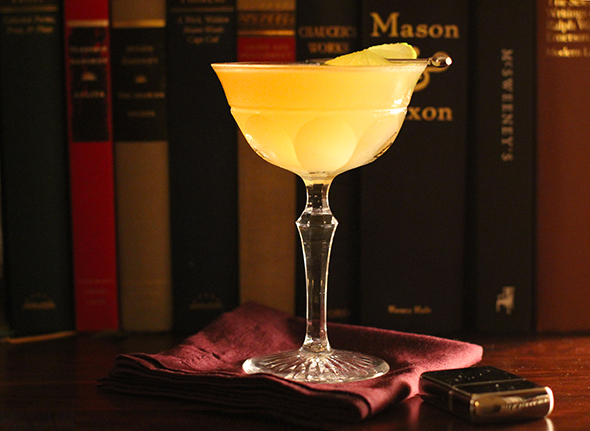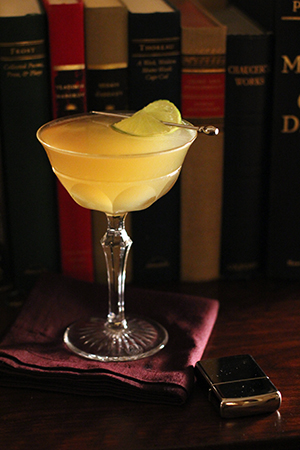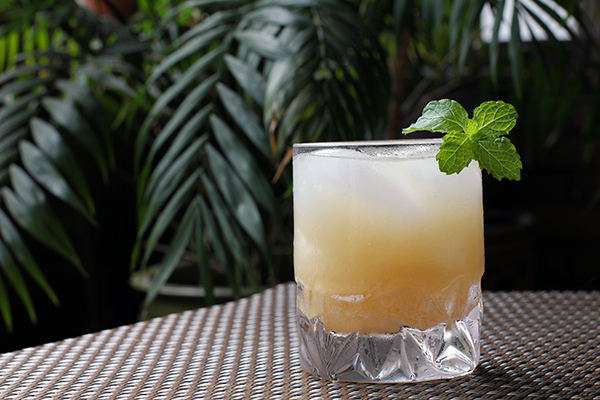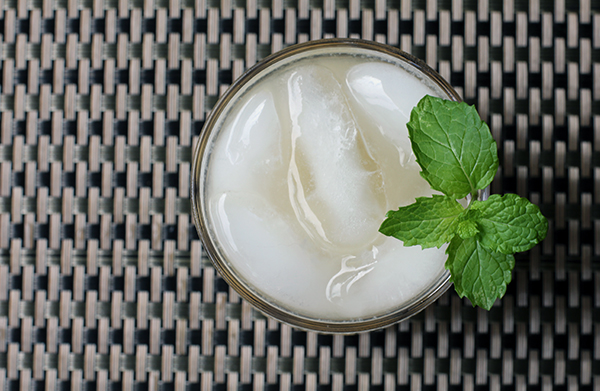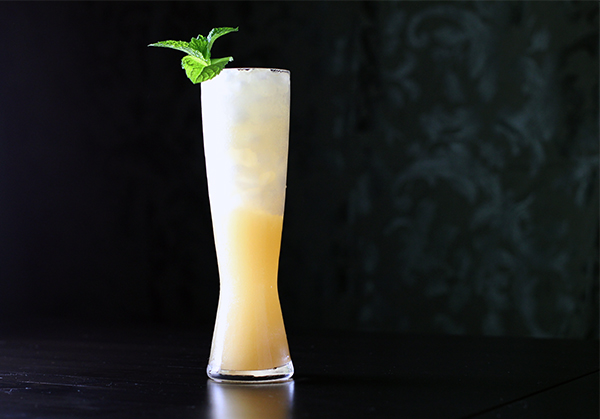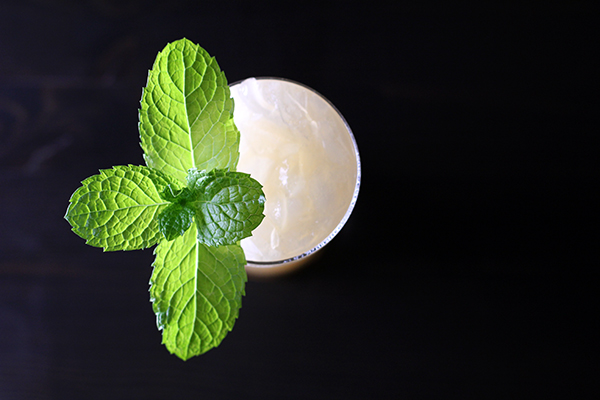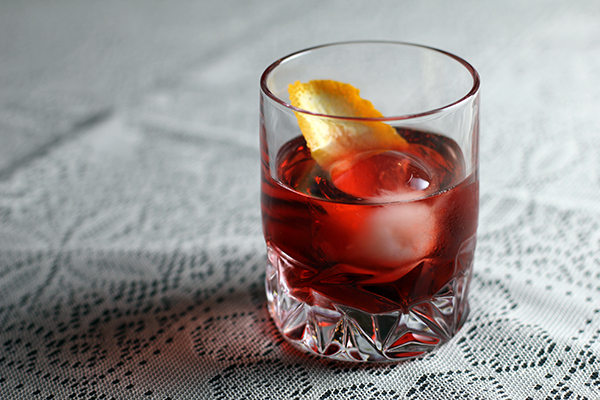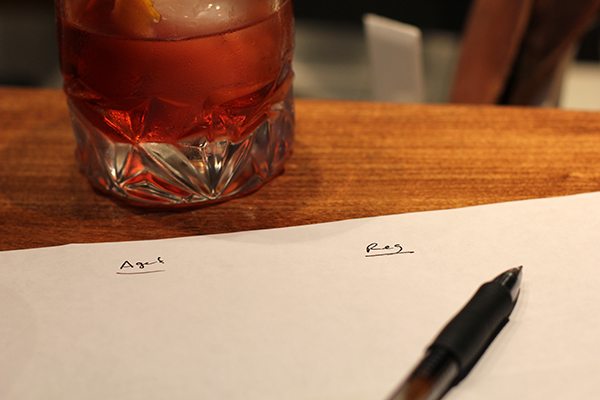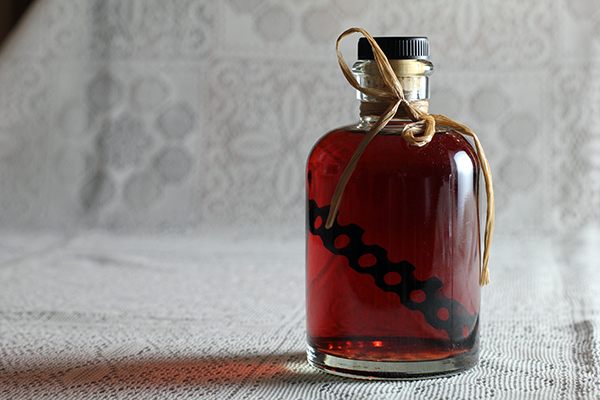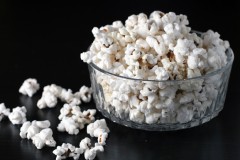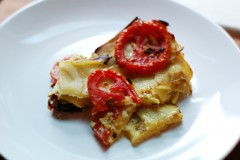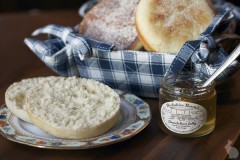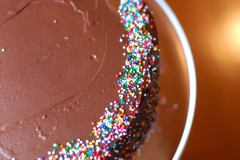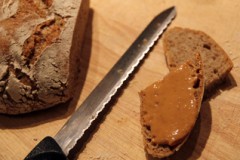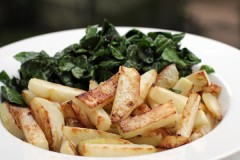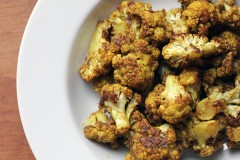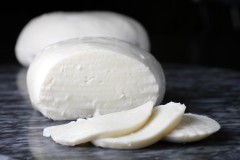What separates the Singapore Sling from other island classics is that it uses gin as its base spirit rather than rum. Also, unlike many of its rum-based counterparts, there is absolutely no question or disagreement about where this drink came from or who dreamt it up. That distinction goes to a fellow by the name of Ngiam Tong Boon, a barkeep at the Long Bar of the Raffles Hotel in, you guessed it, Singapore. He purportedly created the concoction around 1915 upon receiving a challenge from a British Colonial for something not only delectable, but befitting of the lovely women of Singapore as well. Or at least that’s the history touted on the website that also designates the drink as Singapore’s national cocktail.
Given the length of the ingredients list, you can almost forgive the Raffles Hotel for having created a special “mix” to handle the large volume of orders they are surely asked to fill. Almost. At home, though, you’re not likely under that kind of pressure so it’s good to view the extra prep time as a minor inconvenience on your way to making a completely captivating cocktail. That’s my opinion, at least.
Personally, I’m not one for sweets. I eschew candy and though I occasionally indulge in chocolate, I prefer the dark variety. I bring this up because it would be easy to look at the spec for this drink–with its pineapple, cherry, and grenadine–and jump to the conclusion that if you’re not into sweet, you should skip this one. However, that’s not the case, as the cherry brandy and Bénédictine hold their own and the lime adds just enough sour to balance the sweeter flavors. And if you make your own grenadine–1:1 POM pomegranate juice to superfine sugar–you’ll be doing even better. This recipe comes straight out of Jim Meehan’s The PDT Cocktail Book though I include a mint sprig as an additional garnish for an extra splash of color.
Singapore Sling
as seen in Jim Meehan’s The PDT Cocktail Book
2 oz. Pineapple Juice
1 1/2 oz. Plymouth Gin
1/2 oz. Cherry Heering
1/2 oz. House Grenadine
1/4 oz. Cointreau
1/4 oz. Bénédictine
1/4 oz. Lime Juice
1 dash Angostura Bitters
Cherry, Mint sprig, and Pineapple Slice for garnish
Combine pineapple juice, gin, cherry Heering, Cointreau, Bénédictine, lime juice, and bitters in a mixing glass. Shake with ice and strain into a chilled Collins glass filled with ice. Garnish with a cherry, mint sprig, and slice of pineapple.


